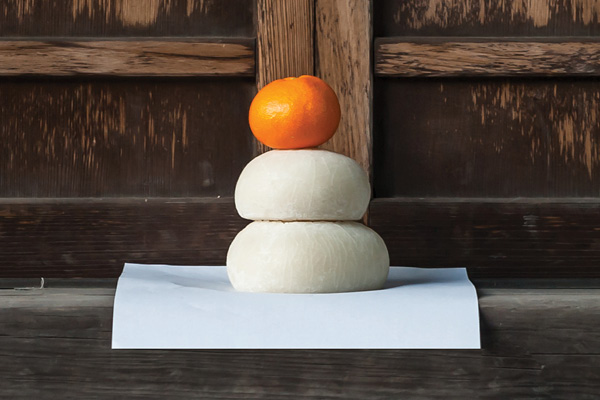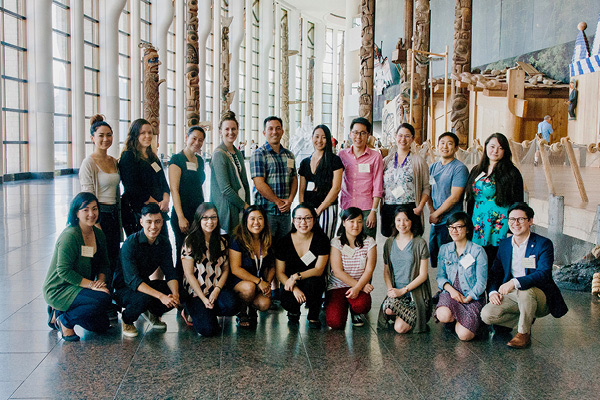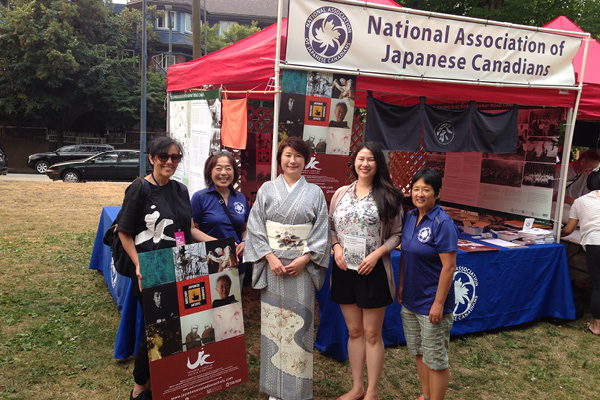by Ken Noma
 I am honoured to have been elected as President of the NAJC at the Ottawa AGM held this past October and I look forward to updating the readers on the activities of NAJC and its member organizations. In my election speech to the delegates, I identified the following as my priorities during my tenure:
I am honoured to have been elected as President of the NAJC at the Ottawa AGM held this past October and I look forward to updating the readers on the activities of NAJC and its member organizations. In my election speech to the delegates, I identified the following as my priorities during my tenure:
Human Rights
The struggle for human rights is a cornerstone of our Nikki history and the reason for the founding of the National Association of Japanese Canadians. Early pioneers like: Tomikichi Homma, Ryuichi Yoshida, John Kumaji Hihei, Etsu Suzuki, Toshiko Tomura and others fought for equity in the work place. Those who volunteered to fight in the two world wars were willing to make the ultimate sacrifice for the franchise.
Thirty-eight percent of Nikkeis, aged 15 and over, reported in the 2006 Canadian census that they experienced either racial discrimination or unfair treatment based on their ethnic and racial background – the NAJC must be there, ready to advocate for them.
Maclean’s magazine, in their University Issue of November 10nd ran an inflammatory and racist article entitled “Too Asian?” The NAJC has challenged the magazine’s stereotype of Asian Canadians and their attempt to portray us as a homogeneous group. We have joined a coalition of concerned organizations demanding an apology from Rogers Communications. The NAJC Human Rights Committee, under Vice-President Lillian Maguire, has posted a letter to Maclean’s requesting an apology and a request to implement and publish an anti-racism editorial policy.
Local Chapters
The survival of the NAJC is directly tied to the well-being of the chapter organizations. Each chapter faces its own unique challenges and the tireless volunteers in the smaller communities struggle daily to provide relevant programming that will retain current members and attract younger volunteers. The NAJC will continue to direct a portion of its limited resources towards Community Development grants under the leadership of Angela Freeman.
Heritage
The NAJC will support initiatives that will record, preserve and exhibit the archival history of Japanese Canadians; the aging Nisei population makes this a race against time. We need to develop more educational resources on our history for use in the classroom and aggressively engage in the vetting of textbooks for historical accuracy and bias to ensure the history of the Nikkei is not misrepresented or deliberately omitted. The Ottawa AGM passed the Lakehead Chapter’s resolution by creating a permanent Heritage Committee.
Financial Sustainability
After the historic Redress Settlement, the Japanese Canadian Redress Foundation distributed over $17 million dollars to community groups, individuals and institutions. The late Roy Ito calculated that the initial seed money stimulated community fundraising and personal donations which raised the total community fund to $83 million dollars. The NAJC annual budget comes from investment income generated from a permanent sustaining fund. The current recession has substantially decreased our operational funds and threatens our programmes and activities. A Task Force on Financial Sustainability, led by Mike Murakami, will explore ways to generate revenue. I will be meeting with those community groups who benefitted directly from the Redress Foundation Grants to discuss reciprocal fundraising opportunities.
In addition, we must explore ways to engage the ijusha and youth with the NAJC and find new revenue to support the creative and performing arts. The Endowment Fund, which makes financial awards in the Spring and Fall annually, is one vehicle that we have used for community outreach. For those individuals and communities looking for funding support, I encourage you to download an application form at www.najc.ca.
Lastly, Muriel Kitagawa in her book, ‘Letters to Wes’ wrote: “Whatever comes, whatever happens, we will forge a record of dignity to leave as a proud legacy for our sons and daughters.”
A strong and vibrant NAJC is necessary for us to continue to honour and build upon this record of dignity which Muriel spoke about, that Monday evening as her train left Vancouver for the internment camps.



